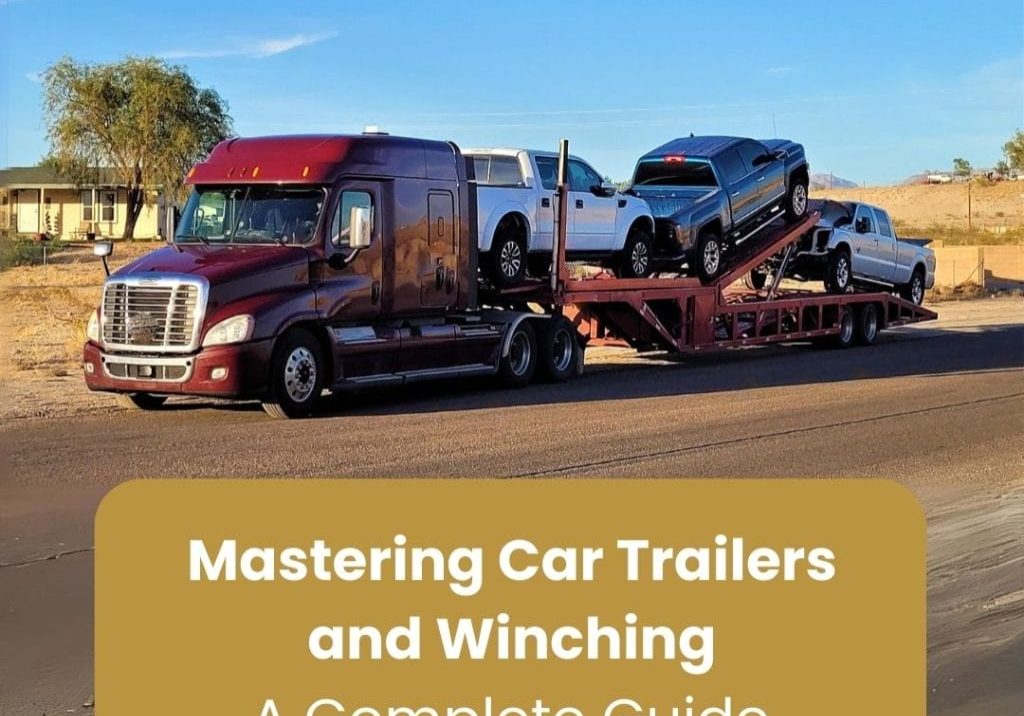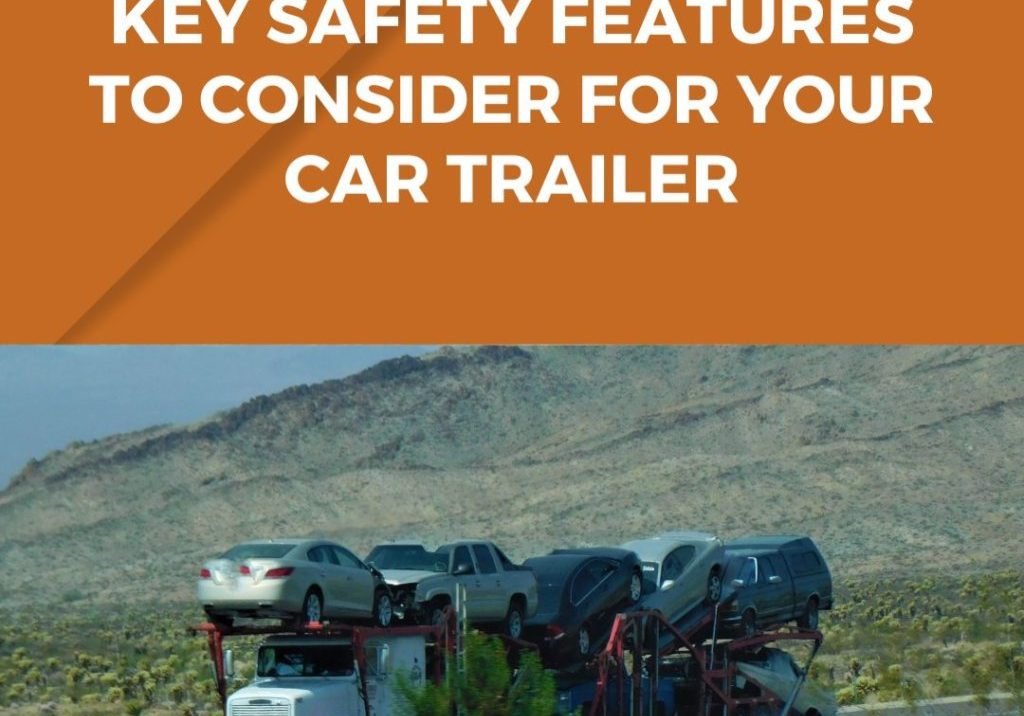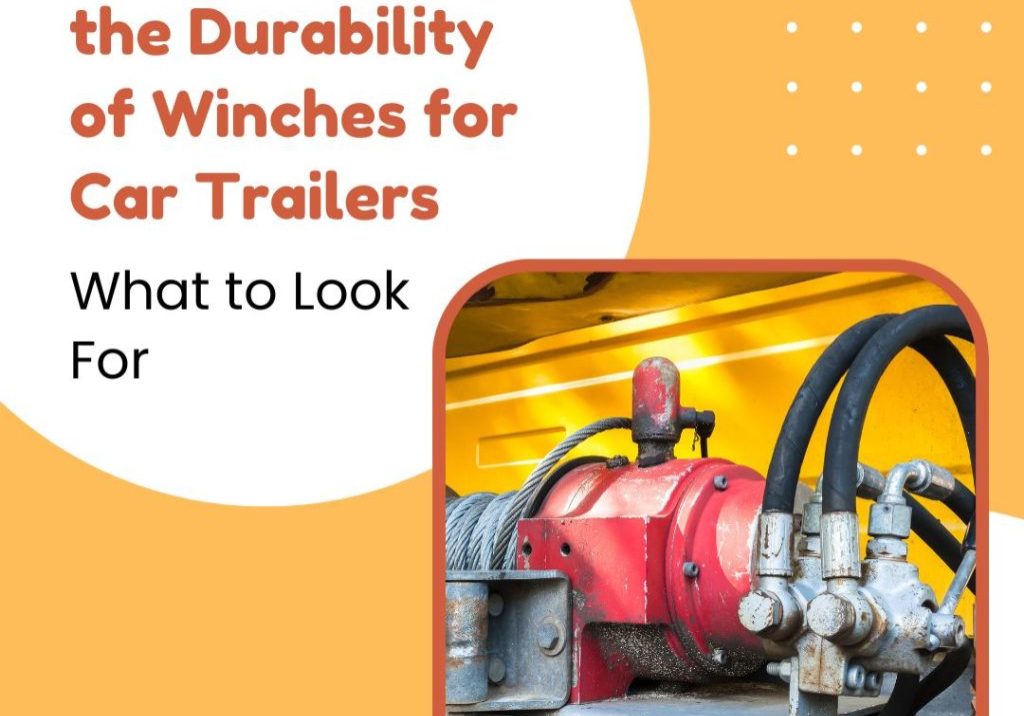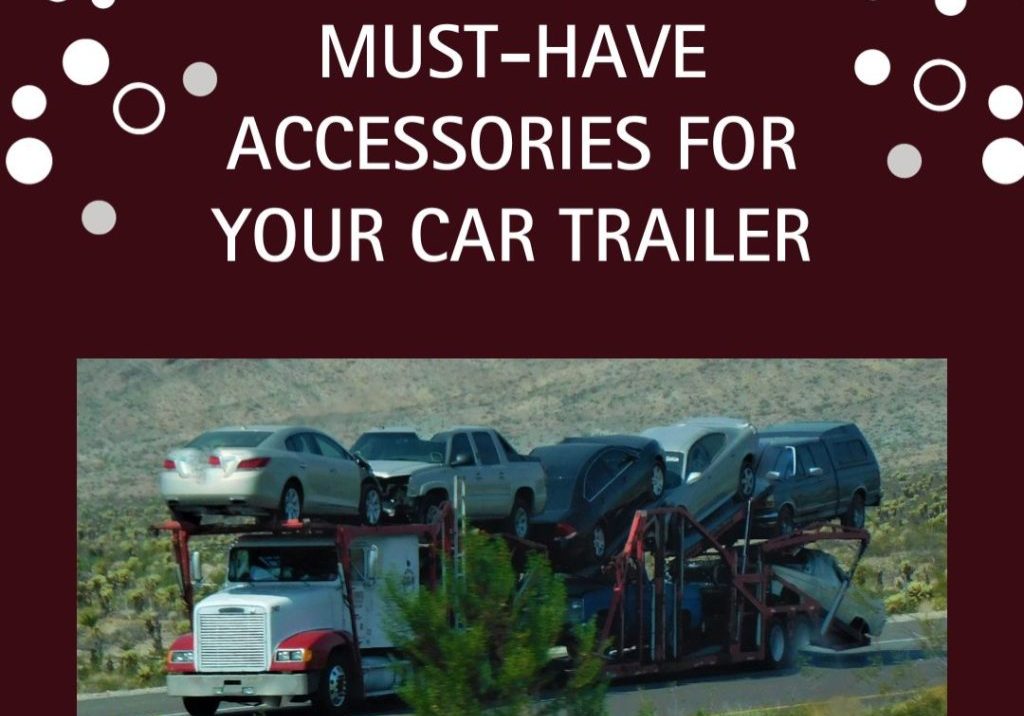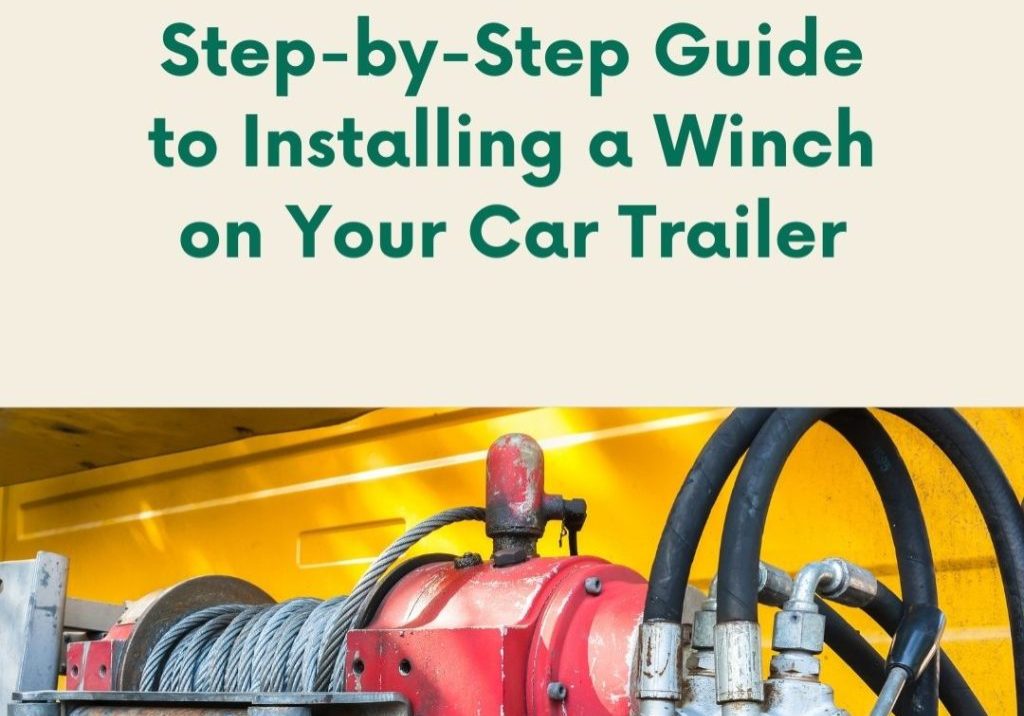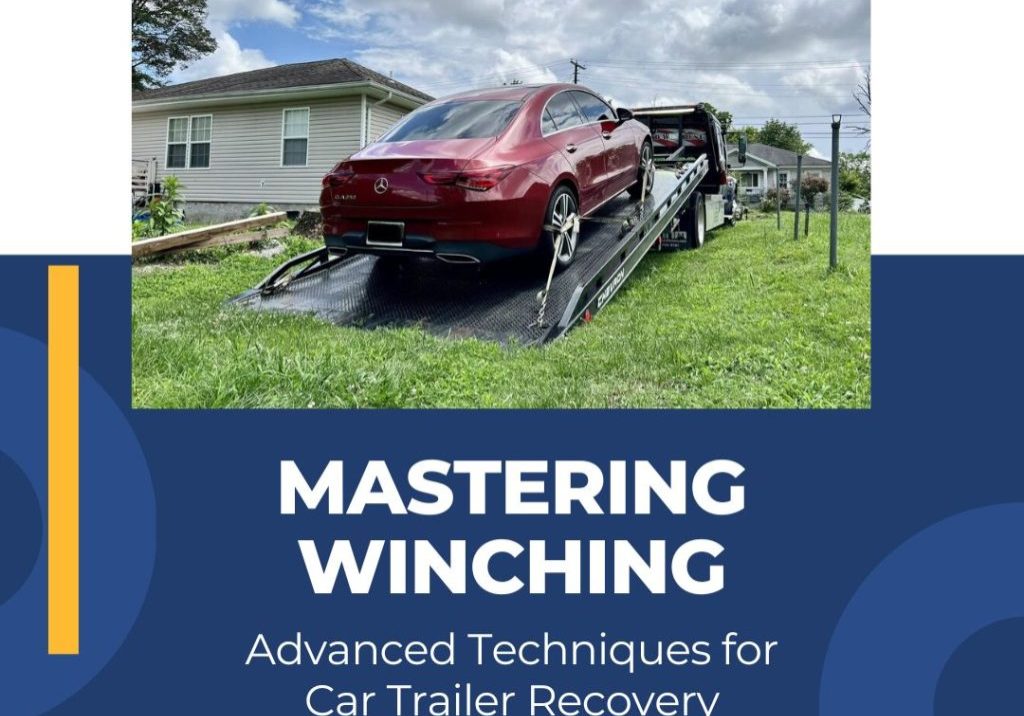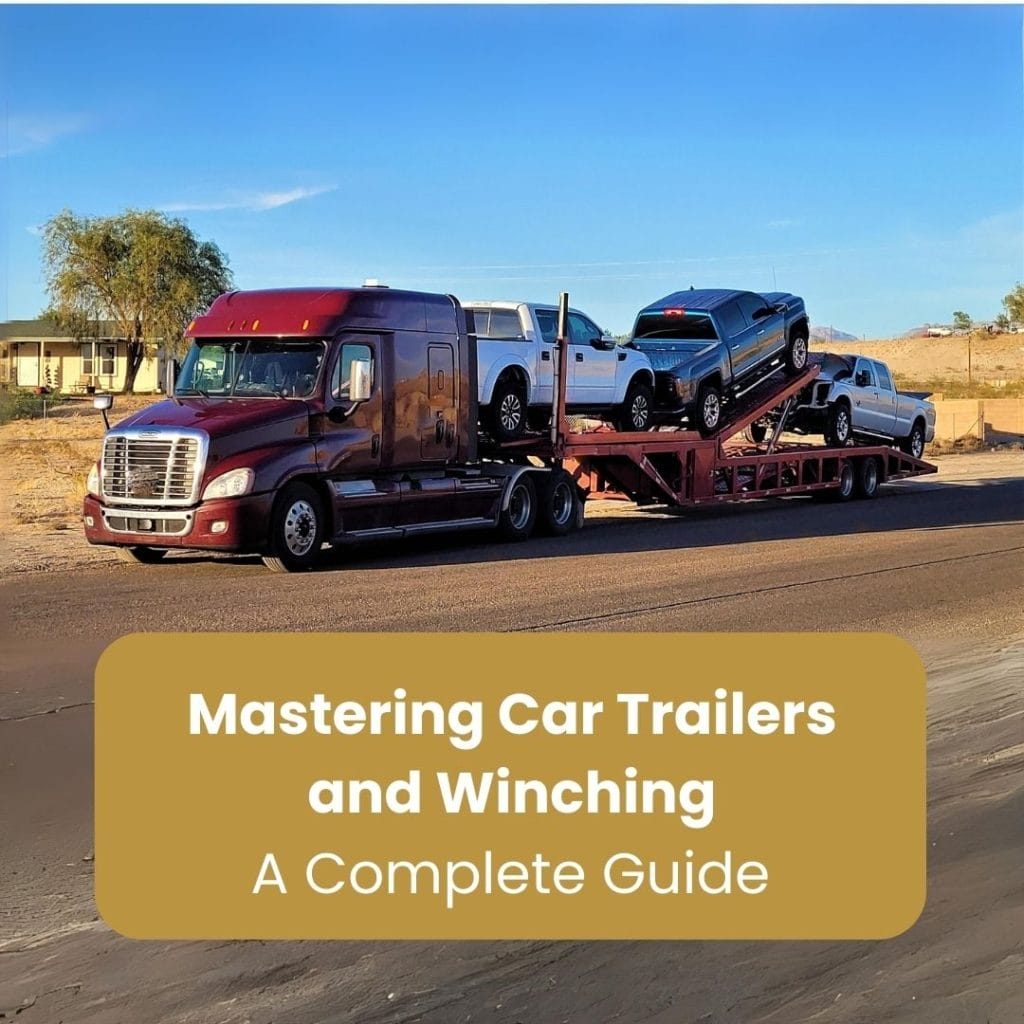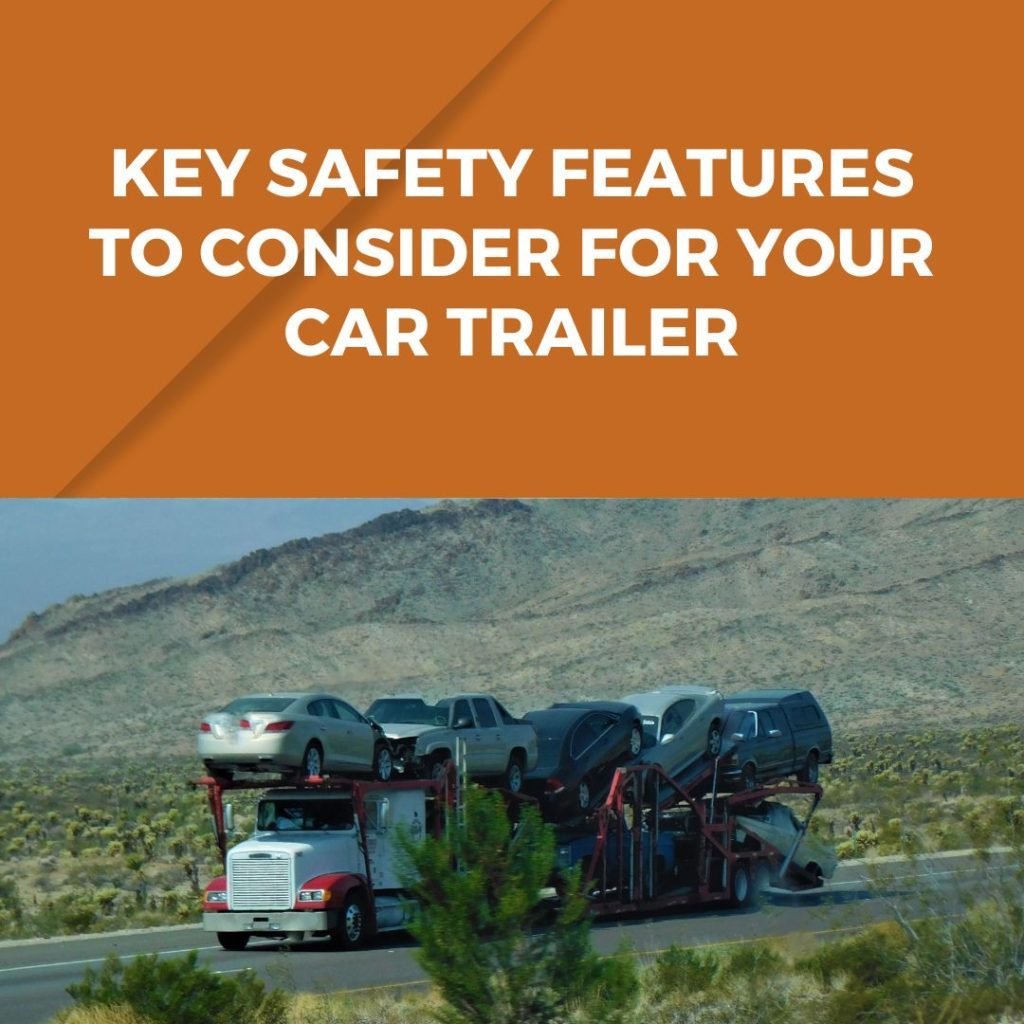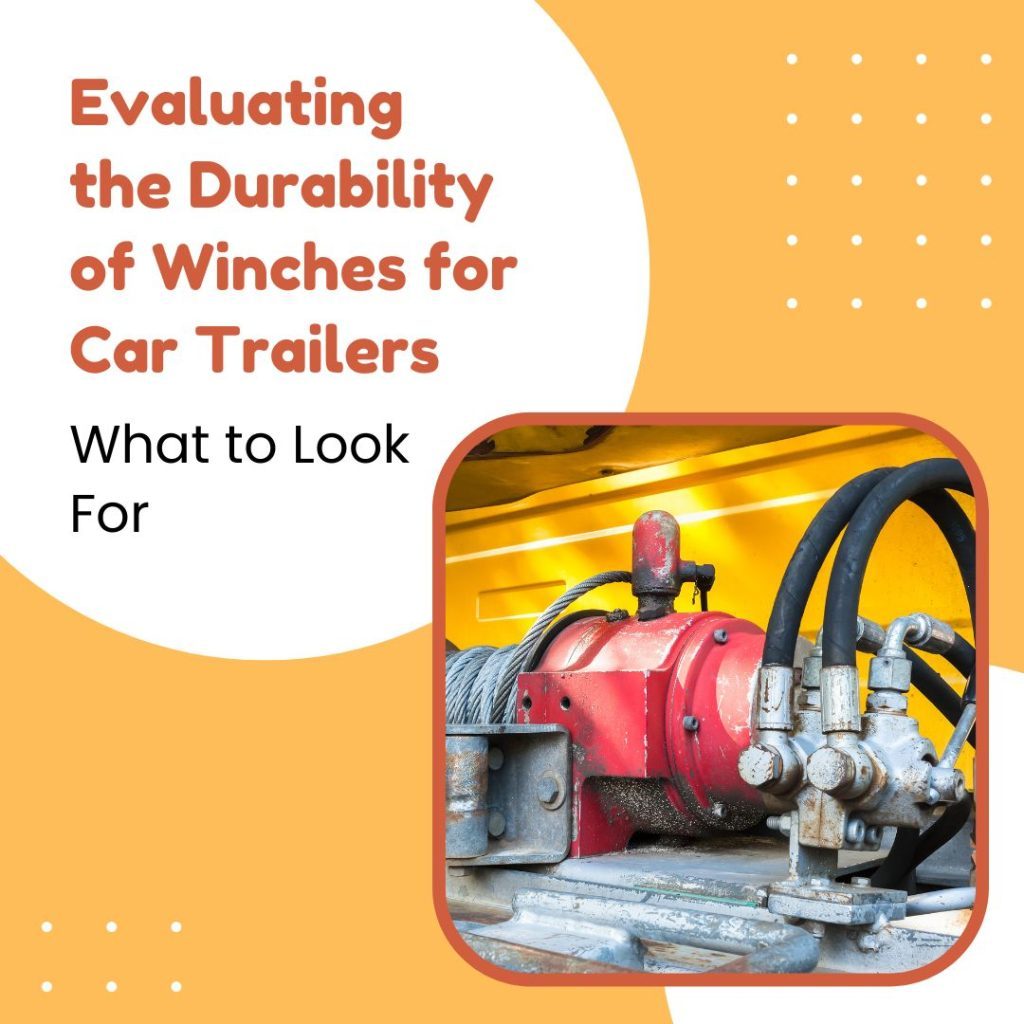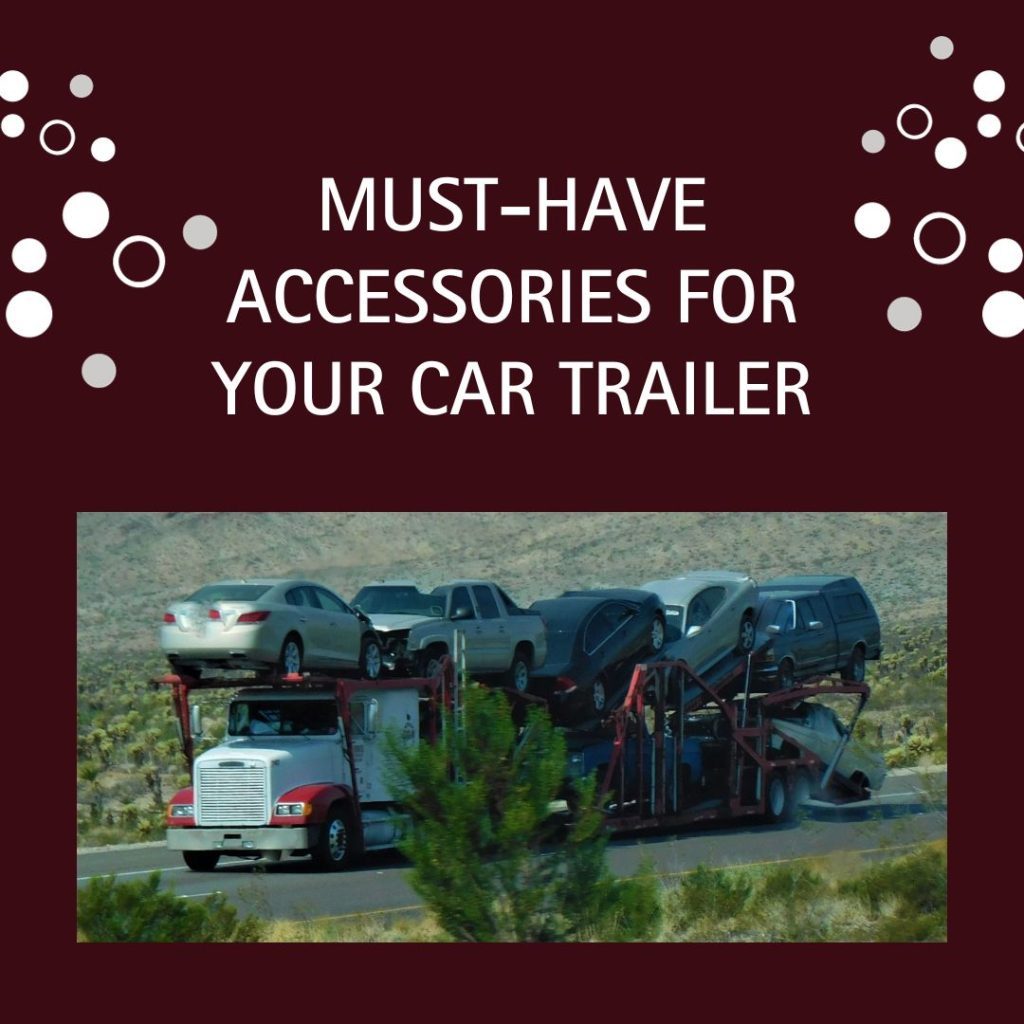You’re familiar with the age-old saying: safety first. However, it’s not always as straightforward as donning a helmet or fastening a seatbelt.
When it comes to towing a trailer—whether you’re navigating your way through the neighborhood or embarking on a cross-country journey—several safety measures are essential to safeguard your vehicle, trailer, cargo, and, most importantly, yourself.
For many drivers, especially those new to towing, the process can seem a bit daunting.
To alleviate any concerns, we’ve compiled some crucial safety tips for trailer towing that the Blue Ridge Trailers community has found valuable over the years. When combined with the safety guidelines specific to your vehicle and trailer, these tips will provide you with the assurance of a smooth journey every time you hit the road.
Essential Tips for Safely Operating Car Trailers
Familiarize yourself with your tow vehicle’s towing capacity.
Ensure your towing weight remains below the capacity to prevent damage to both your vehicle and trailer. This also guarantees safe braking and stability during your journey.
Locate your tow vehicle’s towing capacity in the owner’s manual, where you may find more than just a numerical value—there might be specific instructions and safety tips for towing trailers. If the manual is unavailable, contact the vehicle manufacturer or dealer. Many models provide online access to owner’s manuals.
Once you know the towing capacity, compare it to the combined weight of your trailer, cargo, and passenger load. Detailed instructions for your vehicle can be found in the manual.
Secure the coupler and cross the safety chains.
Ensure that the coupler is locked to securely attach your trailer to your tow vehicle. Even for short drives, don’t skip this step.
Hook up the safety chains beneath the coupler for a bumper pull or on either side of a gooseneck. These chains serve as an emergency plan if the trailer becomes detached from the coupler.
For a bumper pull, cross the safety chains under the coupler to catch the tongue if it slips out, preventing it from falling onto the pavement.
Check your trailer electrics and brakes.
Once your trailer is connected, it shares the responsibility of signaling and braking with your tow vehicle.
Before departure, test your turn signals, emergency signals, and brake lights to ensure proper connection of your trailer electrics.
For trailers with electric brakes, verify that the batteries are charged before driving. You should also have a brake controller; consult the manual for the controller to confirm its adjustment and proper functioning. Finally, before hitting the road, take your trailer for a short test drive to triple-check brake functionality, concluding these trailer towing safety tips.
Adjust your mirrors.
Don’t wait until your key is in the ignition; instead, get in the driver’s seat after hooking up your trailer and take the time to carefully readjust the mirrors.
You’ll quickly observe that your trailer significantly expands your blind spots. Depending on the size of your tow vehicle and trailer, you may even consider purchasing mirror extenders for enhanced visibility.
Fill tires to the maximum PSI.
As mentioned earlier, filling your tires to the maximum PSI is crucial for preventing blowouts.
Complete this task before embarking on your journey. The ambient temperature does not affect the maximum PSI, although you want the tires themselves to be rested and cool (not freshly off the road) to ensure proper inflation.
Ensure proper weight distribution in your trailer.
When loading your cargo or utility trailer, place the heaviest items over the axles. Incorrect placement, whether too far toward the front or back, leads to uneven weight distribution. This can cause your tow vehicle to exert more effort and potentially damage the vehicle or trailer.
For bumper pull trailers (cargo, utility, or horse), you can use a weight distribution hitch to redistribute weight from the bumper of your towing vehicle to the axles of the truck and trailer. These hitches not only significantly enhance handling as you drive but also offer added security when towing weight close to capacity.
Drive slower than you’re used to.
I recommend this to everyone who has never pulled a trailer, but even seasoned road trippers should keep it in mind.
Attaching a trailer instantly increases your stopping distance because the trailer’s weight pushes into your tow vehicle. Additionally, be aware that you’ll need extra time and space to safely merge onto the highway.
If you’re trailering with a horse, remember that sudden stops can throw them off balance and potentially cause injury.
Conclusion
You’ve now read through our essential tips for safely operating car trailers. By following these guidelines, you’ll be a safe and responsible trailer operator, making your journey smooth and enjoyable for all involved. Remember to also consult the safety guidelines specific to your tow vehicle and trailer, as well as any state or federal laws regarding towing. With proper knowledge and preparation, you can confidently hit the road with your trailer in tow. Happy trailering! End of Document
These safety tips are not only crucial for small and medium business owners, but also for anyone who plans on towing a trailer. Whether you’re transporting goods for your business or embarking on a personal trip, these safety measures will help ensure a smooth and stress-free journey.

